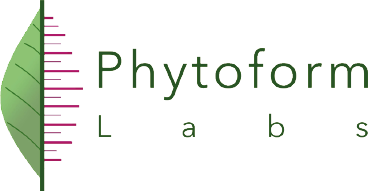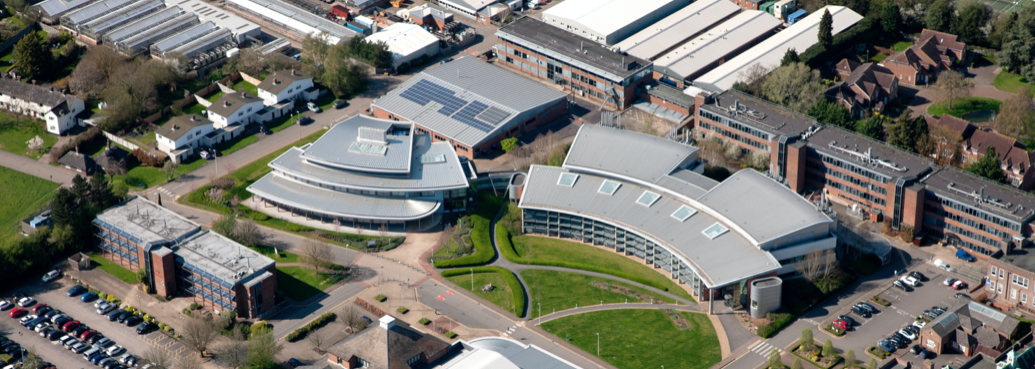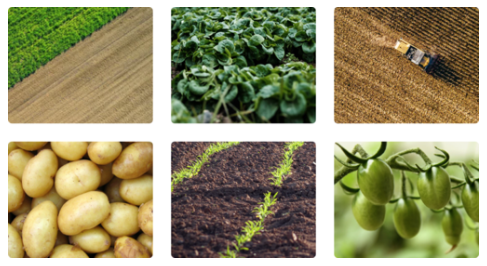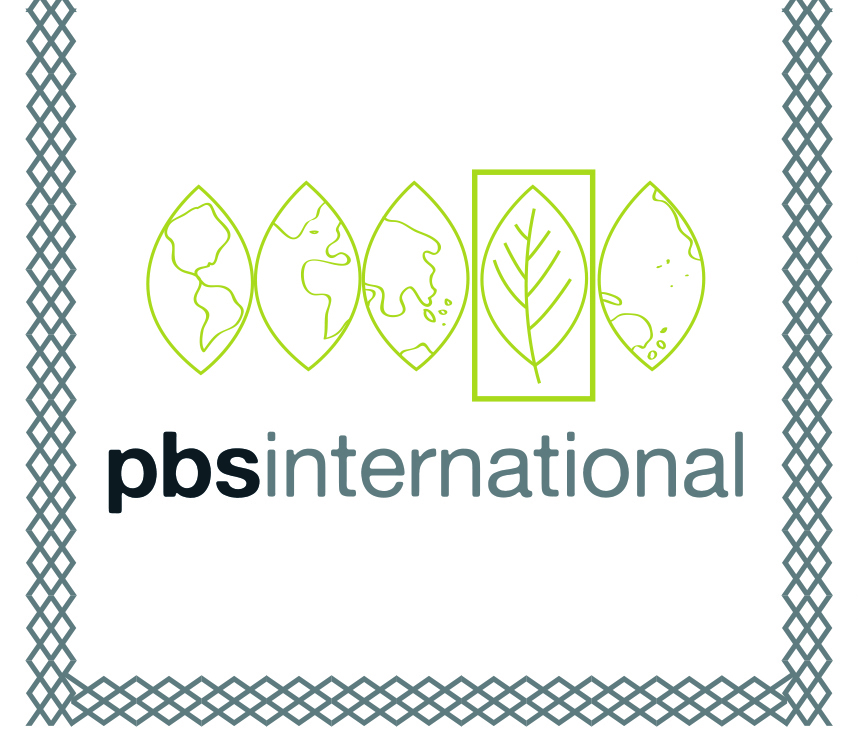
Will Pelton and Nick Kral had a vision to build a more sustainable agriculture system. As students studying together at Imperial College in London, they joined forces to explore the agricultural markets to find ways to make that vision a reality.
They founded Phytoform Labs, an agricultural technology business which develops new varieties of crop to improve sustainability in the food supply chain. They do this using artificial intelligence (AI) to develop novel traits and their proprietary genome editing platform to quickly and efficiently introduce those into plants.

A more sustainable food supply chain
The Phytoform Labs founders say that using artificial intelligence is a new way to synthesize and apply the massive amounts of data scientists have collected over the past ten years.
“As we learned about what the market wants and what we would be able to do technologically, we found that there are a lot of both old and new problems in agriculture. We knew that genome editing is great. It’s a molecular tool that we can use to improve genetics, but you can only improve what you already know.

We realized that there was a huge explosion in both genomic and other types of data collected by plant scientists over the last ten years. But I don’t think we have come up with an obvious and smart way to use these massive amounts of data. And for that, we are building an engine that is very different to how a traditional plant scientist would go about discovering a new trait,” says Kral.

Artificial intelligence fuels new trait discovery
“When we set out, our targets were to improve the sustainability of agriculture and to improve crop nutrition. We wanted to make sure that the consumers see the benefit of this technology,” explains Pelton.
One of the first projects they’re demonstrating AI technology is in a trait development project in potatoes. Pelton and Kral are introducing two new characteristics, one that reduces bruising and one that diminishes sugar accumulation when potatoes are cold-stored. Both traits have the potential to reduce food waste, supporting the company’s mission to improve the sustainability of the agriculture supply chain.
Phytoform Labs is also working to introduce a new trait for fresh-market tomatoes using their proprietary gene-editing platform. “With our technology, we can make a specific change to the DNA to introduce this tomato trait without any other changes to the rest of the genome, which kind of showcases how powerful this technology is,” explains Pelton.
The future looks bright for Phytoform Labs, and the team is excited about what’s next. “People will always need food. The COVID pandemic helped highlight weaknesses in supply chains around the world. That’s definitely continued to drive us with our vision,” says Pelton.
To hear more from the founders of Phytoform Labs and the full Podcast CLICK HERE


